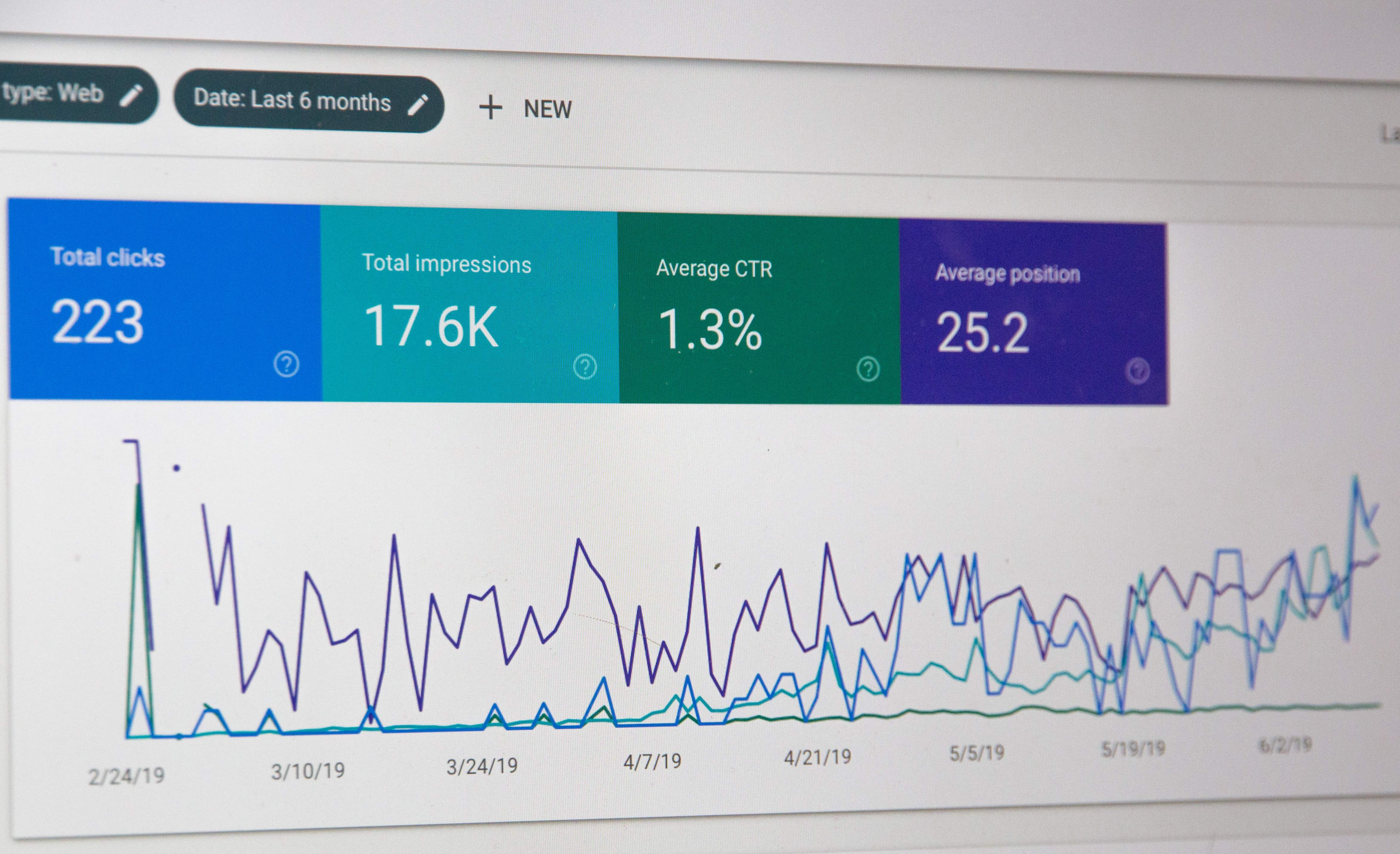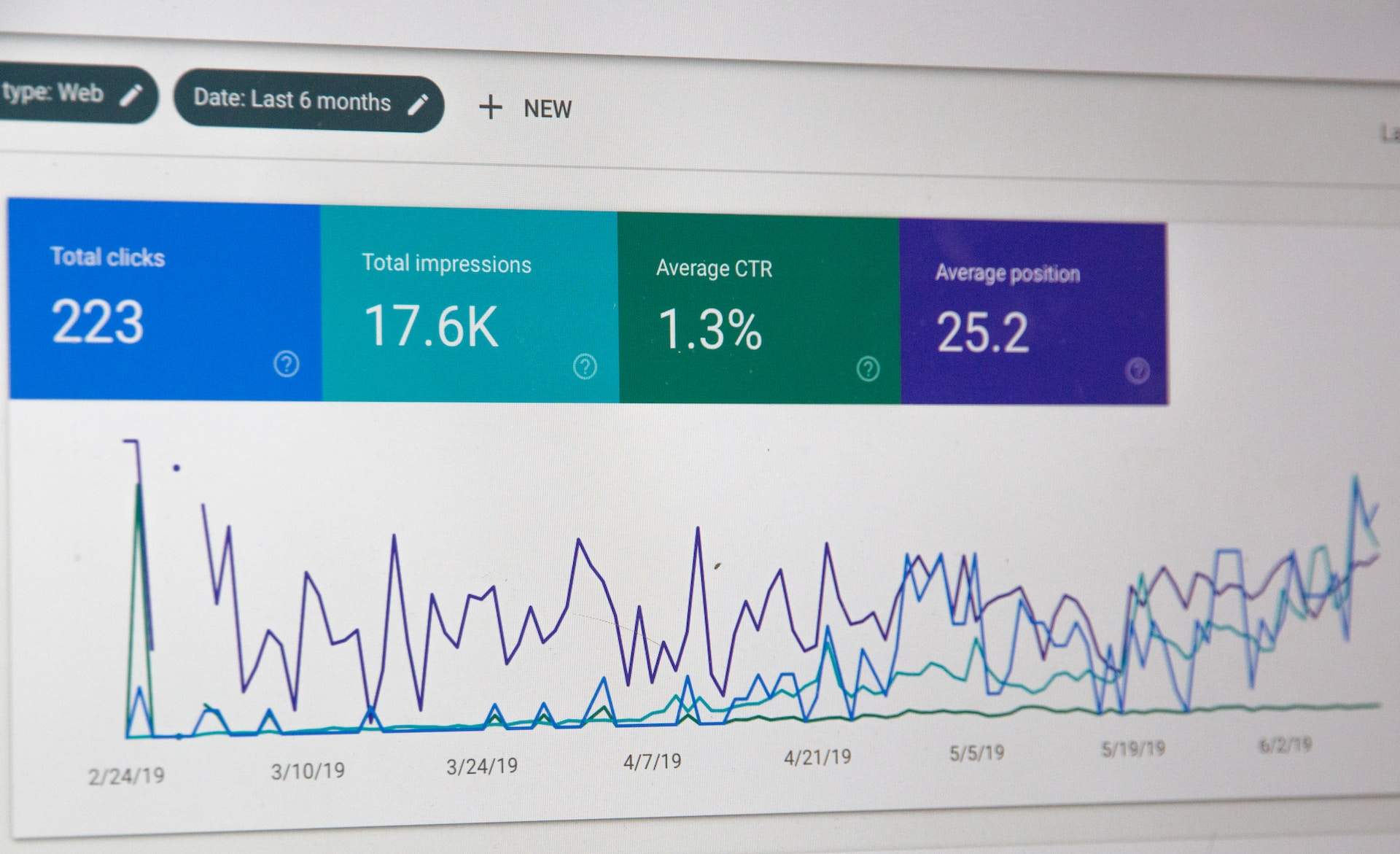How to Stay Ahead in the Transformation of SEO Trends

As technology advances and the digital world continues to evolve, businesses must adapt and redefine their SEO strategies to stay ahead of the competition. SEO is no longer a one-time effort but an ongoing process that requires constant attention and optimisation.
Whether you run an SEO company, work with an SEO agency, or manage your own website, these tactics can help you boost your online presence and drive more organic traffic to your site. In this article, we will discuss the top practices you can adopt to make your SEO strategy more effective in digital marketing.
1. Focus on User Experience (UX)
User experience is now a significant factor affecting search engine rankings, as Google and other search engines prioritise websites that provide a positive user experience. UX encompasses a wide range of factors, including website design, navigation, load time, and content quality.
To ensure your site offers an excellent site experience, consider the following:
- Implement Responsive Design: This ensures your site automatically adjusts to fit the screen size of any device, providing a seamless browsing experience.
- Optimise Page Loading Speed: Compress images, use browser caching, and minimise redirects to reduce loading times. You can examine and enhance your website's loading speed using Google PageSpeed Insights Field Data.
- Simplify Your Site's Navigation: Make it easy for users to find what they need quickly and efficiently.
2. Embrace a Mobile-First Approach
- The rapid rise in mobile device usage has made it necessary for businesses to adopt a mobile-first approach to SEO. This means optimising your website for mobile devices and ensuring it loads quickly and is easy to navigate on smaller screens.
- Google has already started using mobile-first indexing, which means that the search engine favours mobile-friendly websites. In order to improve your website's mobile experience, make sure it requires minimal scrolling and loads rapidly.
3. Utilise Long-Tail Keywords
- Long-tail keywords are longer, more specific phrases that cater to a niche audience. While they may have lower search volumes, they often have higher conversion rates as they target users who are more likely to be interested in your product or service.
- To find long-tail keywords, use tools such as Google's Keyword Planner or Answer the Public.
4. Prioritise Significance over Rank
- Imagine being a search engine provider like Google. Their main objective is straightforward and consistent — to accurately match user queries.
- To gain Google's favour, you don't need to aim for the top position; instead, adopt strategies that will naturally lead you there. As Google evolves, it has reduced its reliance on keywords.
- The Panda update, for instance, was Google's first relevance-focused improvement, allowing the search engine to filter out low-quality pages with high SERP rankings. The RankBrain update took it a step further by using AI to better understand the context and word choices in queries, resulting in more relevant page rankings.
- The most recent addition, BERT, aims to provide more accurate answers to the billions of questions users ask on Google. Google has also introduced the "featured snippet" format, highlighting web pages deemed most likely to contain the information users are searching for.
5. Leverage Voice Search Optimisation
With the rise of voice-activated assistants like Siri and Google Assistant, more people are using voice search to find information. To optimise your content for voice search, focus on the following:
- Using Conversational Language: Write your content in a natural, conversational tone to match how people speak.
- Targeting Long-Tail Keywords: Voice searches often use more specific phrases, so incorporate long-tail keywords in your content.
- Structuring your Content with Headings and Subheadings: This makes it easier for search engines to identify relevant information for voice search queries.
6. Leverage the Power of Artificial Intelligence (AI)
- Artificial intelligence has revolutionised the way businesses approach digital marketing and SEO. AI-powered tools can analyse vast amounts of data and provide valuable insights into user behaviour, helping you better understand your target audience.
- Use AI-driven analytics tools to identify patterns and trends in user behaviour, which can inform your SEO strategy and help you create more targeted and compelling content.
Conclusion
The digital revolution has brought about significant changes in the way businesses approach SEO. To remain competitive and succeed in the digital marketing landscape, it is crucial to redefine your SEO strategy continually. By adopting these top practices, you can improve your online presence, drive more organic traffic to your site, and ultimately, achieve your business goals.
At Bump Digital, we understand that each business is unique and requires a tailored digital marketing strategy. This is why we dedicate ourselves to crafting customised plans that cater to each client's specific needs. If you're looking for an SEO company in Auckland, don't hesitate to ask for a complimentary quote today!




.jpg)

.jpg)
%20(1).jpg)
.jpg)
.jpg)
.jpg)
.jpg)
.jpg)

.jpg)
.jpg)
.jpg)





.jpg)











.jpg)











.jpg)
